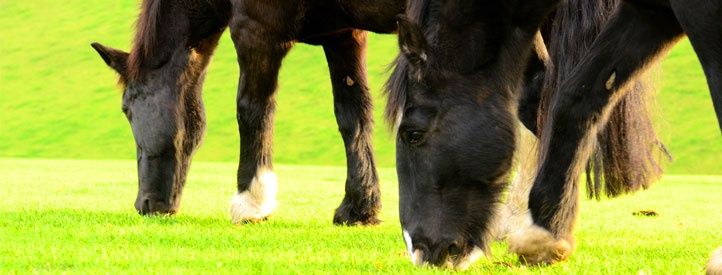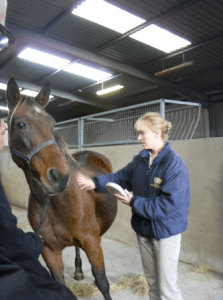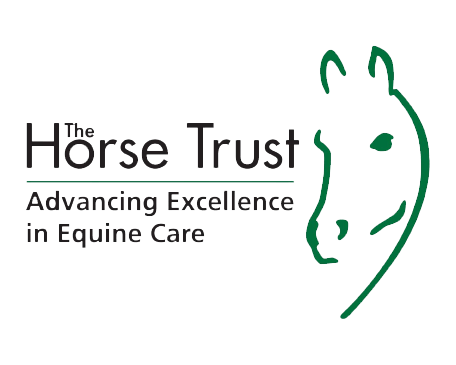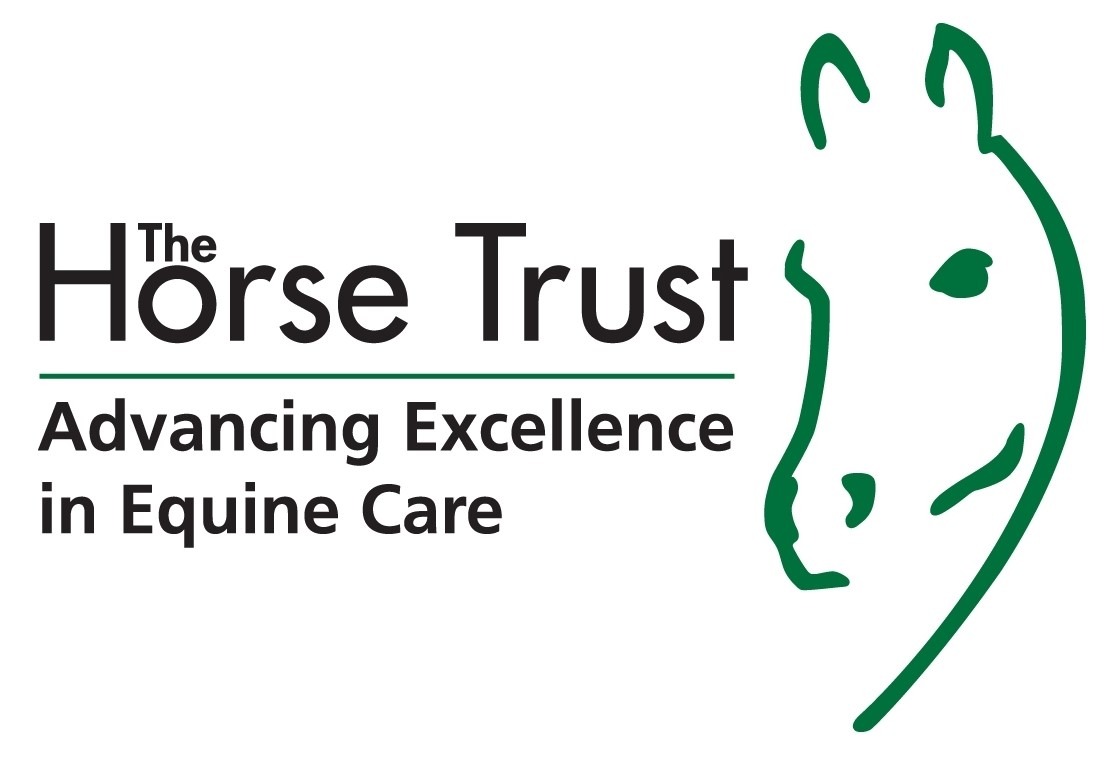At The Horse Trust, we’ve always believed that every horse deserves a safe and loving…

Republic of Ireland Initiates Training Programme to Improve Standards of Horse Welfare
The Horse Trust recently held a training course in County Cork, Republic of Ireland, for Veterinary Inspectors and other staff involved in implementing the Control of Horses Act (1996).
Ireland has the most dense horse population in Europe and the impact of the recession has dramatically increased the number of neglected and abandoned horses. As a result, the horse pounds now see more and more horses with welfare problems.
 The course was organised in partnership with Cork County Local Authority and the Department for Agriculture, Food and the Marine (DAFM). Eighteen people attended the course including Veterinary Inspectors from the DAFM, vets from local authorities in the Munster area, staff from the horse pound that collect and care for horses seized under the Act, staff from the ISPCA, and two private vets.
The course was organised in partnership with Cork County Local Authority and the Department for Agriculture, Food and the Marine (DAFM). Eighteen people attended the course including Veterinary Inspectors from the DAFM, vets from local authorities in the Munster area, staff from the horse pound that collect and care for horses seized under the Act, staff from the ISPCA, and two private vets.
The training included sessions by Peter Green MRCVS on assessing welfare and fitness to travel, and evidence gathering for prosecution cases. A presentation on caring for horses with poor welfare was also included, which covered topics such as re-feeding syndrome in emaciated horses and issues related to worming emaciated horses. Gemma Pearson MRCVS provided training on using equine learning theory to handle horses humanely during potentially stressful procedures such as a clinical examination or loading. Pieter den Boon MRCVS also provided an overview of conditions that can cause severe welfare compromise in donkeys.
Pat Noonan MRCVS, a private veterinary surgeon who attends the pound, said the course was “very practical, useful and right on target for the situations covered by the Control of Horses Act.”
It is hoped that the training course will help to improve the assessment of welfare standards of horses entering the local authority pound system and ensure that these horses are fed, handled and cared for appropriate to their specific needs. The course should also ensure that the Control of Horses Act (1996) is implemented to its full potential.















Comments (0)